Staying Fit

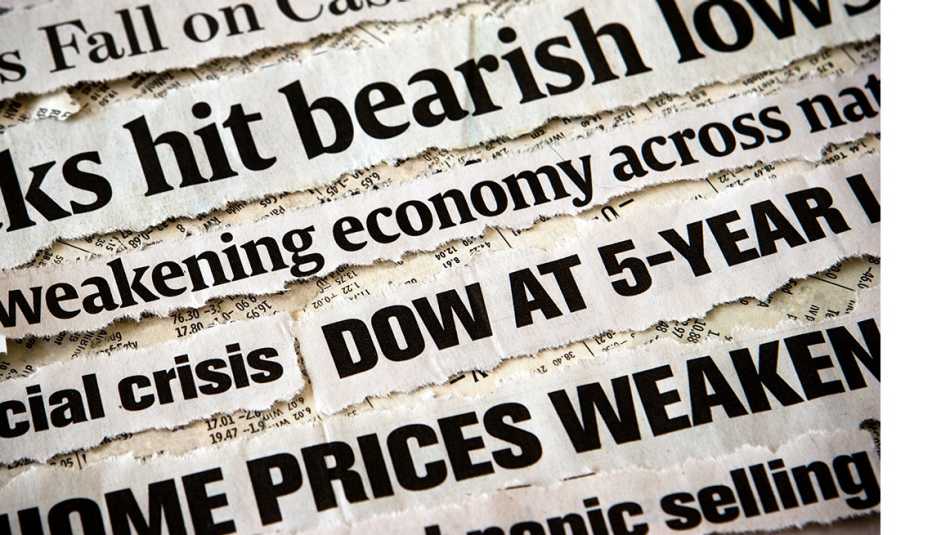
When it comes to money, there's a lot to worry about these days. So we consulted some of the sharpest minds in the financial world for their views on what's happening and how you can best get through it.

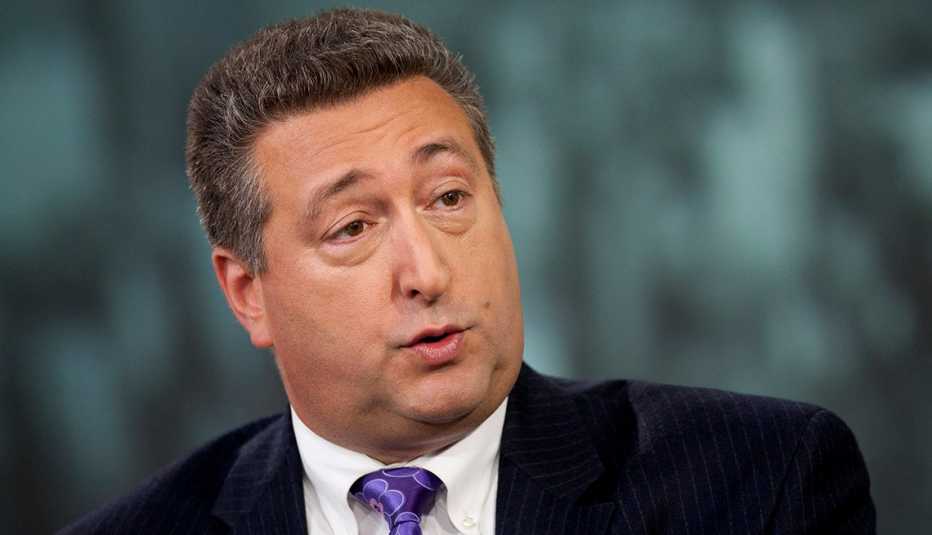
Barry Ritholtz, chairman, Ritholtz Wealth Management


AARP Membership— $12 for your first year when you sign up for Automatic Renewal
Get instant access to members-only products and hundreds of discounts, a free second membership, and a subscription to AARP the Magazine.

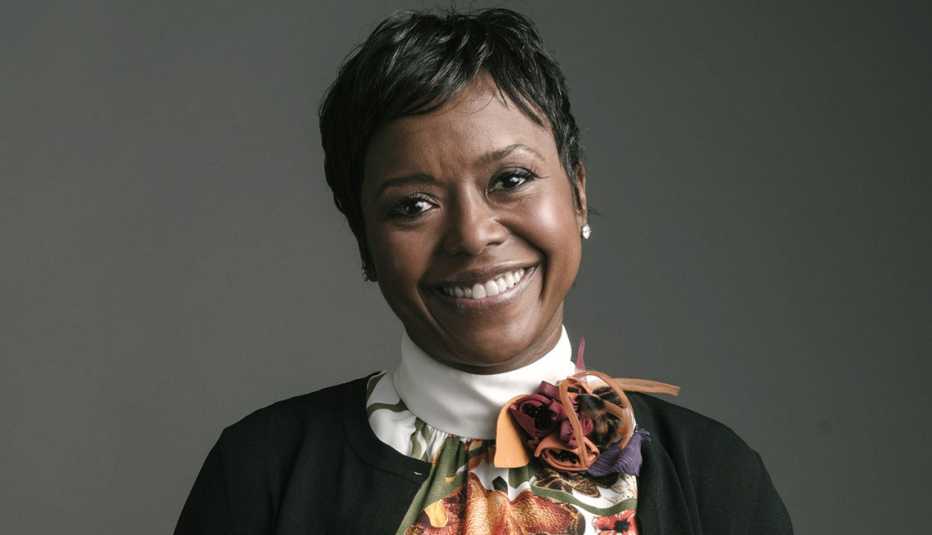
Mellody Hobson, co-CEO, Ariel Investments

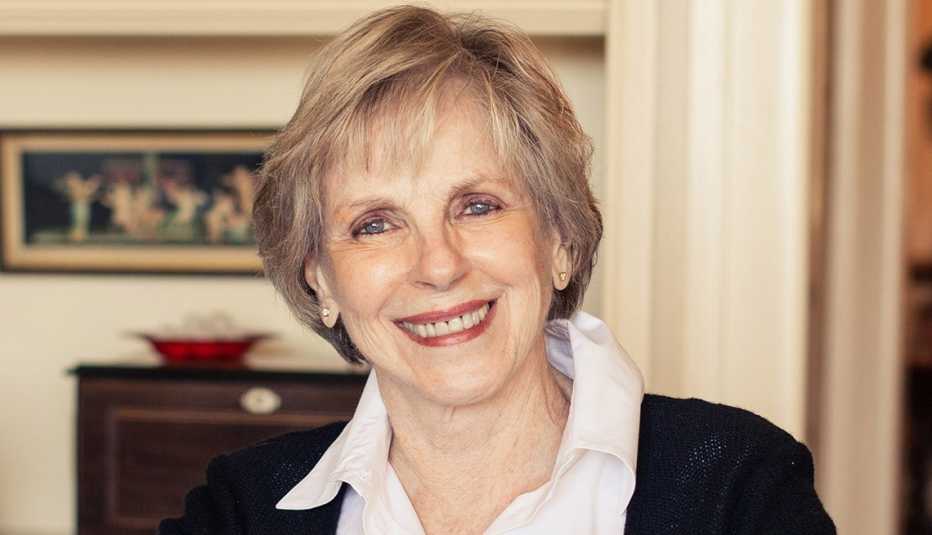
Jane Bryant Quinn, former columnist, AARP Bulletin

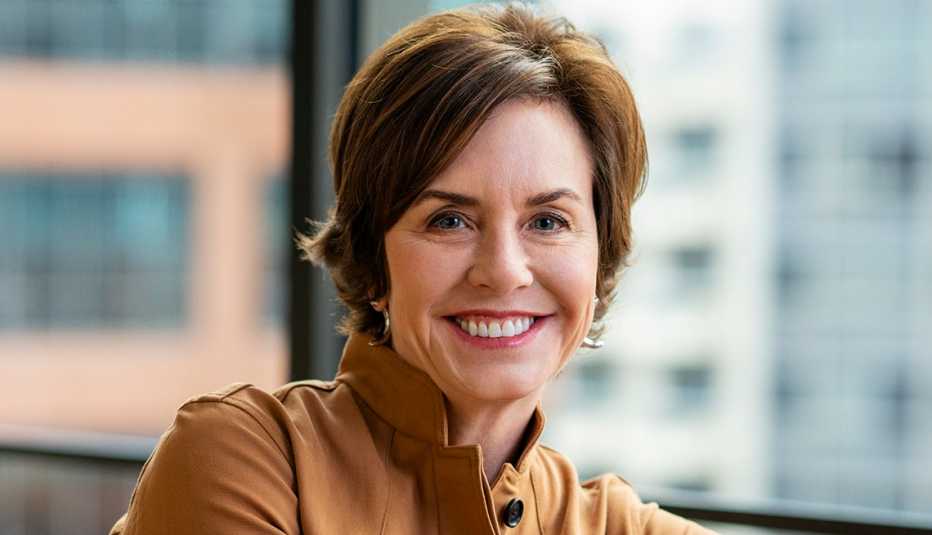
Carrie Schwab-Pomerantz, president, Charles Schwab Foundation

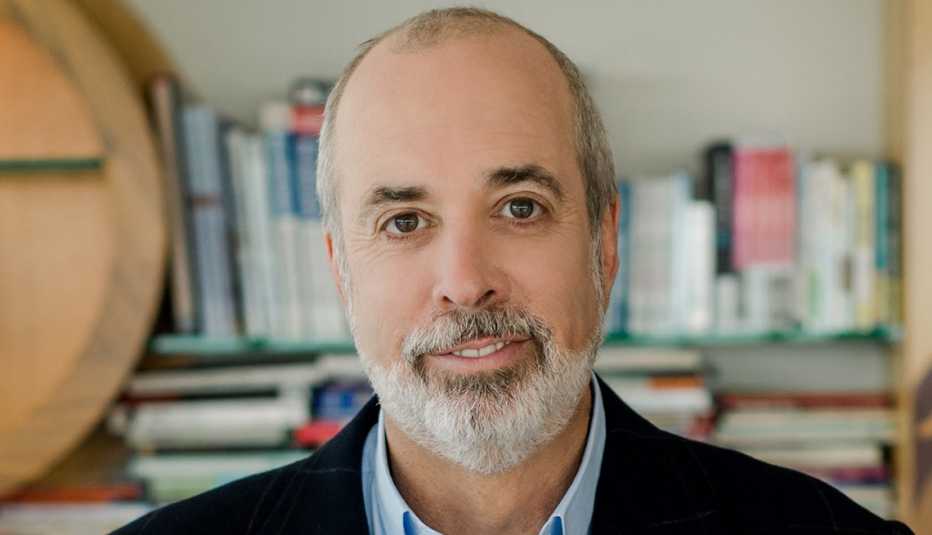
Ric Edelman, founder, Edelman Financial Engines
Jill Schlesinger: What words of comfort do you have for people who are shell-shocked by the market's decline?

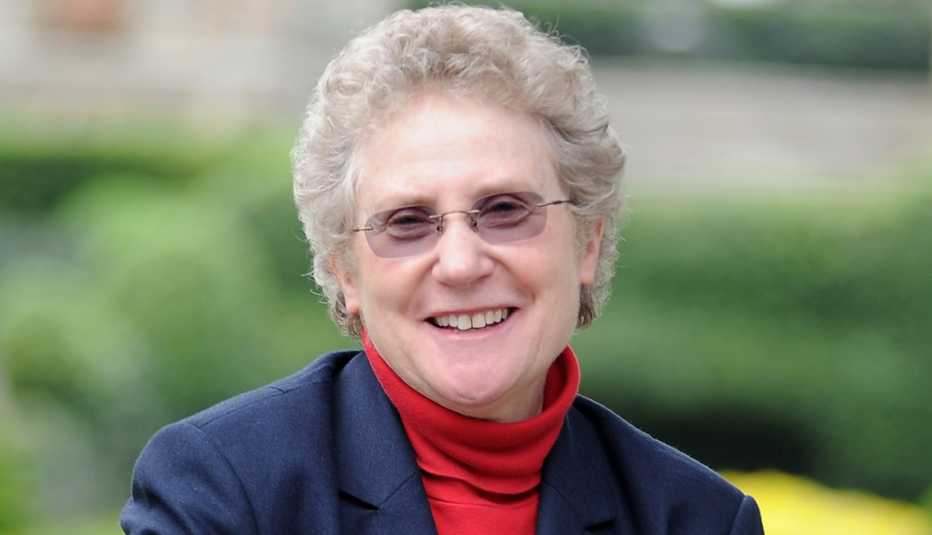
Barry Ritholtz: I am fond of saying this is a feature, not a bug, of the stock market. Stocks go up and down regularly. Think back to what stocks did in 2008-09, 2000, 1987 and 1973-74. This is a cyclical phenomenon, just like expansions and bull markets. Look at this from a long-term perspective, and you see the same things coming around again and again.

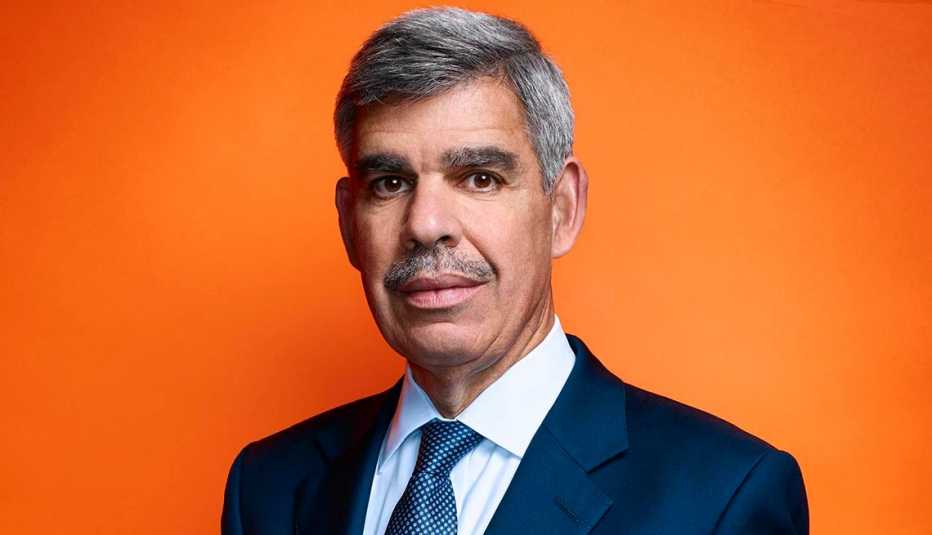
Mellody Hobson: It could get worse before it gets better, but there's no reason to believe the market won't continue its long-term upward trajectory. There is no 20-year period — not one — when the stock market has lost money. That underscores taking a long-term view.

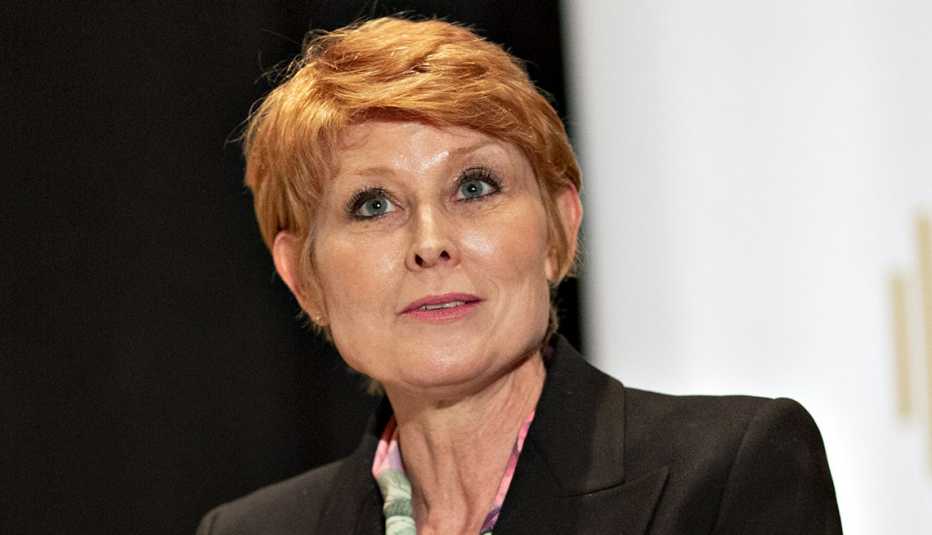
Ritholtz: You have to step out of the moment and think not in terms of minutes, days, weeks, but in terms of years, decades, a lifetime.
JS: What would you say to older people who think they need to pull their money from the stock market now and have it in cash?
Carrie Schwab-Pomerantz: People who panic and sell lock in their losses. In 2009 the Dow Jones Industrial Average dropped to 6,500 and today, even after the big declines in March, it's around 20,000. People who held on to their stocks have actually performed pretty well, despite these recent big dips.
Ritholtz: Nobody who retired in 2005 said to themselves, Hey, remember that Monday when the market crashed in 1987? Thank goodness we sold.

































































More on money
6 Lessons From the Market Coronavirus Crash
What investors can do in a bear marketWhat Should Retired Investors Do After Stocks Fall?
Financial planners assess the bear market and suggest ways to cope
Now's the Time to Update Your Retirement Savings Strategy
All the game-changing rules in the SECURE Act